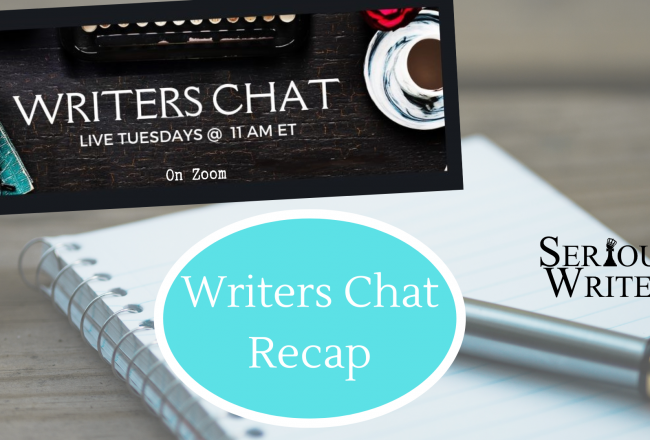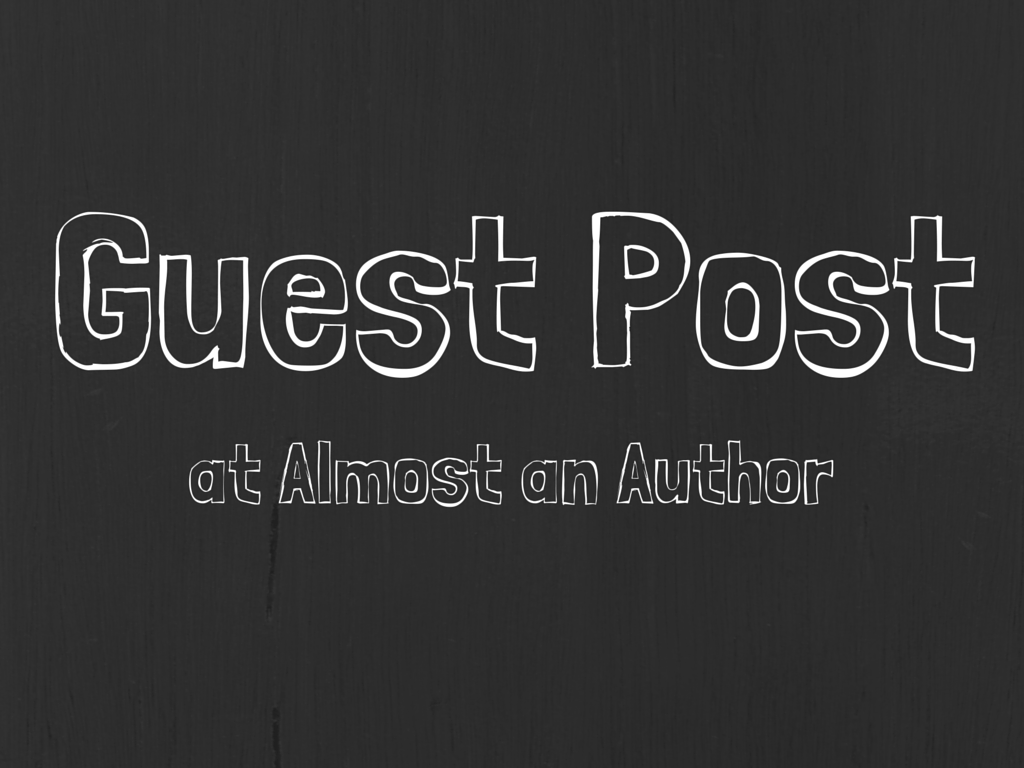
HIT-AND-RUN: 5 WAYS TO CORRECT A COMMA SPLICE
Of the mechanical misdeeds common to writing, the comma splice may be the most insidious. This sneaky little fugitive…
March 30, 2017
Of the mechanical misdeeds common to writing, the comma splice may be the most insidious. This sneaky little fugitive…
March 30, 2017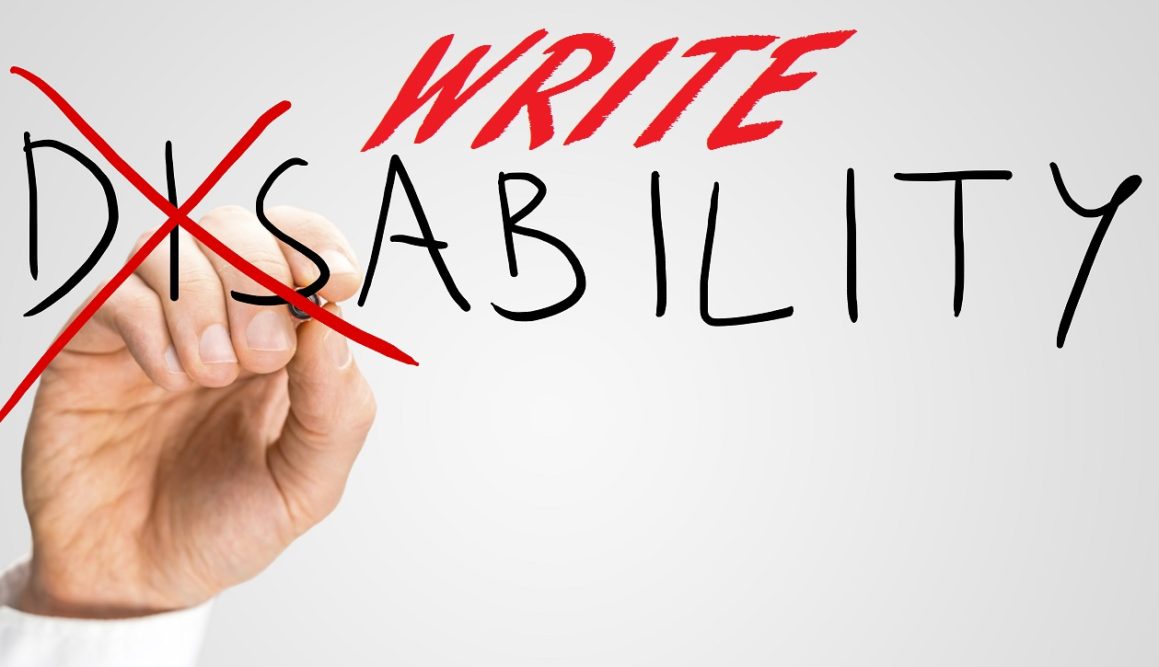
The ninth annual World Autism Awareness Day is April 2, 2017, and April is Autism Awareness Month with the…
March 29, 2017
You’re a copywriter. Not a novelist (okay, maybe at night). Not a screenwriter. Not a poet. A copywriter.…
March 28, 2017
Because spellcheck, wonderful as it may be, doesn’t catch words used improperly … And because the English language…
March 27, 2017
Bryan Garner, author of A Dictionary of Modern American Usage, and a raft of other books on English…
March 27, 2017
You’ve written your masterpiece. Or at least a short story, novel, or essay you believe worthy of publication.…
March 26, 2017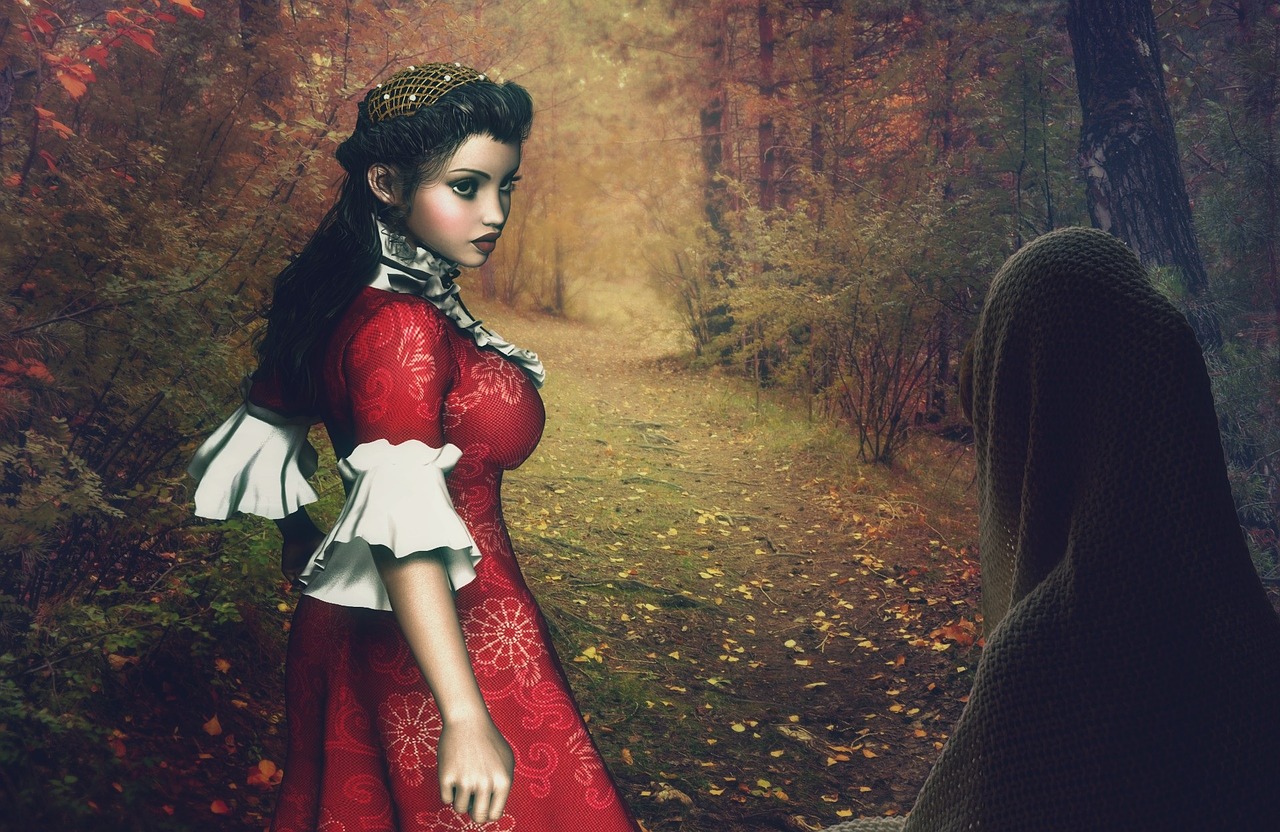
At the start of every century, young maidens, somewhere on this earth, experience magical events which change their whole…
March 25, 2017
Are You Truly a Writer? I’ve asked myself this question dozens of times. Not long ago, I came…
March 24, 2017
Ribbons, Lace, and Moments of Grace Inspiration for the Mother of the Bride Publisher: SonRise Devotionals, Lighthouse Publishing of…
March 23, 2017
Why is it that some characters stick in our minds? What is it about them that causes us identify…
March 22, 2017
By Sandra Merville Hart When it comes to research, contemporary writers have it so easy, right? I am teasing,…
March 21, 2017
As I was running trails with my dog one day, I was overcome with awe at the beauty, the…
March 20, 2017
A protagonist without a clear goal has nothing to figure out and nowhere to go. Lisa Cron in Wired…
March 19, 2017
Last time, I introduced the eight parts of speech. This time, we’ll focus on verbs. I’m beginning with the…
March 17, 2017
In her national bestseller, Bird by Bird: Some Instructions on Writing and Life, author Anne Lamott divulges the…
March 16, 2017
The publishing industry doesn’t give any free passes. Ever opportunity, conversation, meeting, email, and phone call has a price.…
March 16, 2017
Please tell us about your most Recent Book As I’m pre-published, the book I’m currently shopping around is The…
March 15, 2017
Before Jim or Doctor Stein had time to think, the egg burst in Jim’s hand, sending shell fragments around…
March 13, 2017
Many different magazine article ideas swirl around in your head. As I recently wrote, magazine ideas are everywhere. How…
March 12, 2017
Save money. Learn theology. Become a better writer. Minister more effective. That’s my hope for you. In this second…
March 10, 2017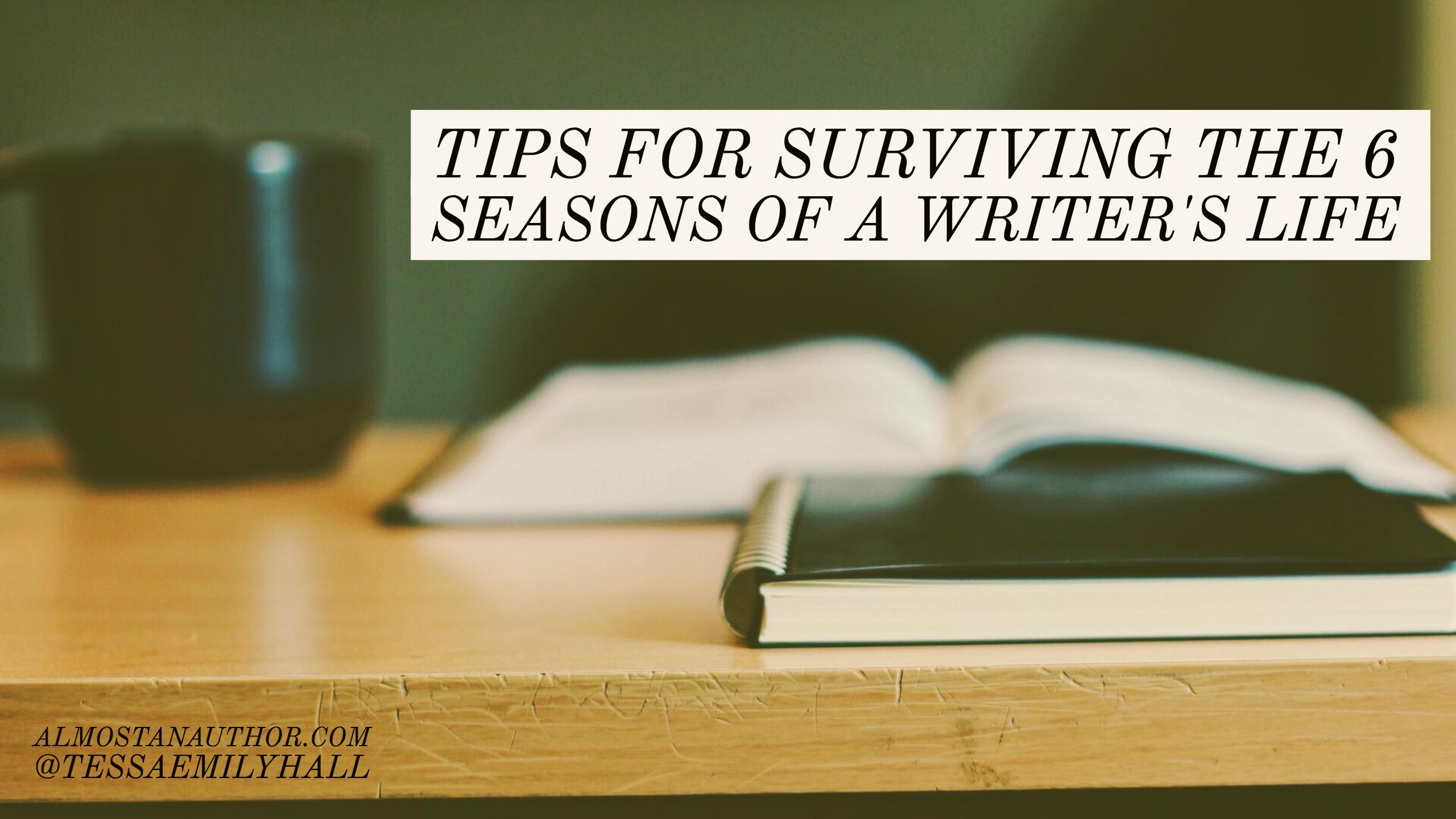
If you’ve been in the industry long enough then you probably know by now that the writer’s life is…
March 8, 2017
In what world does your story live? Sounds like a strange question, doesn’t it? After all, most bookstores…
March 6, 2017
The other day, a post came through my social media feed from Blue Ridge Mountains Christian Writers Conference, which…
March 5, 2017
There are many reasons why people write books, but I’ve come to believe the best reason of all is…
March 3, 2017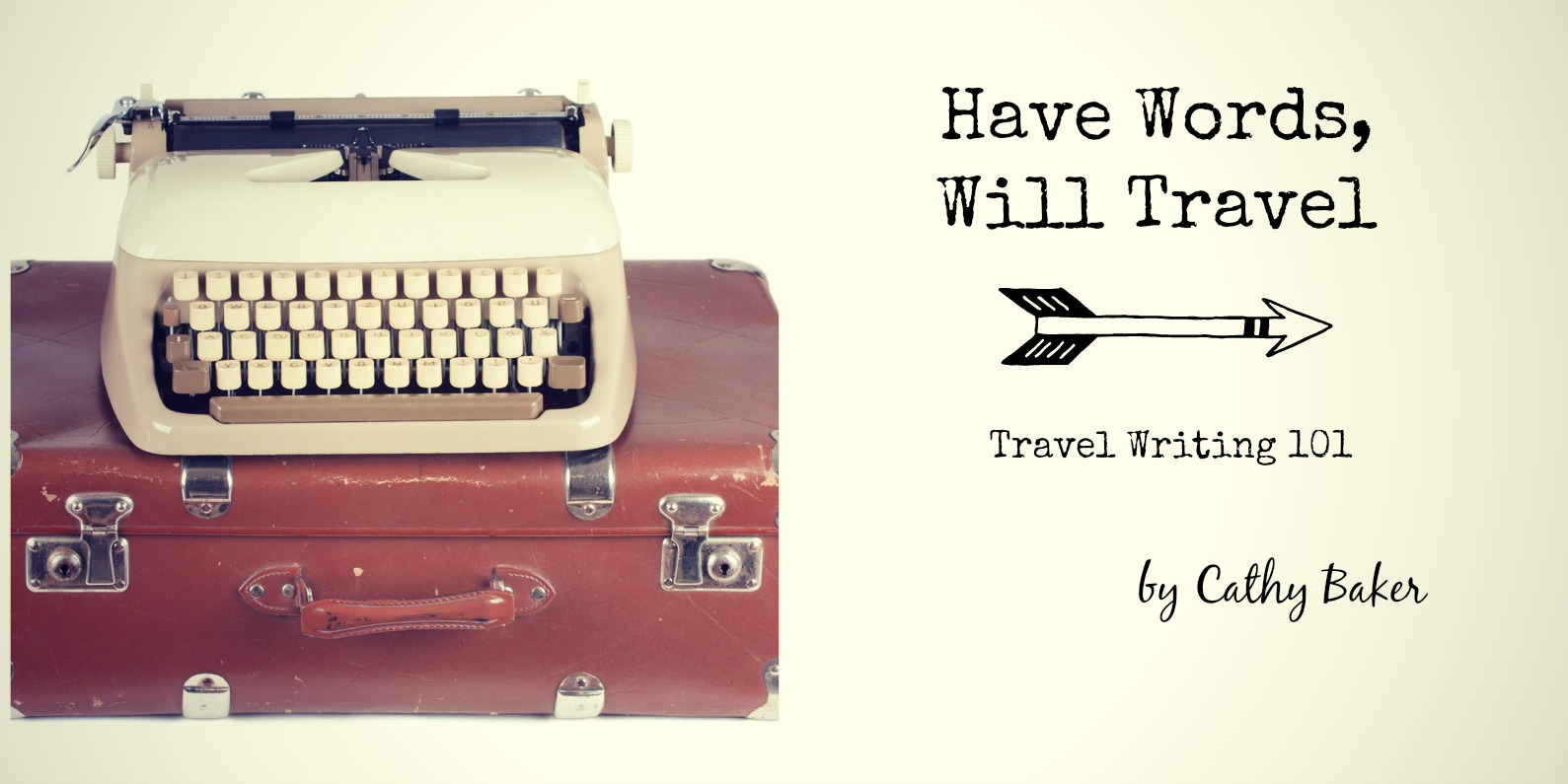
The month of March offers a plethora of activity – nature buzzing, days staying lighter a little longer, and…
March 3, 2017

